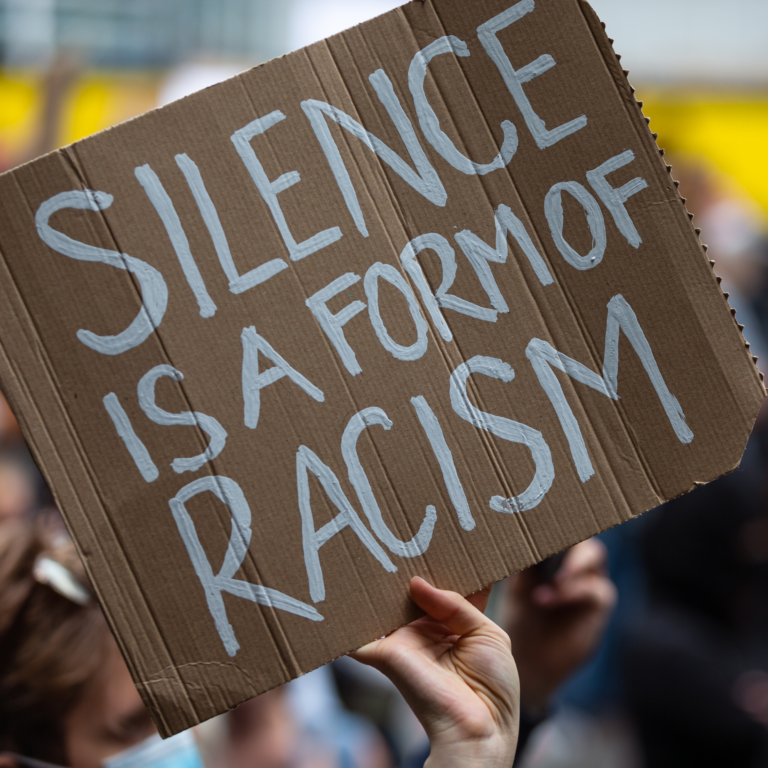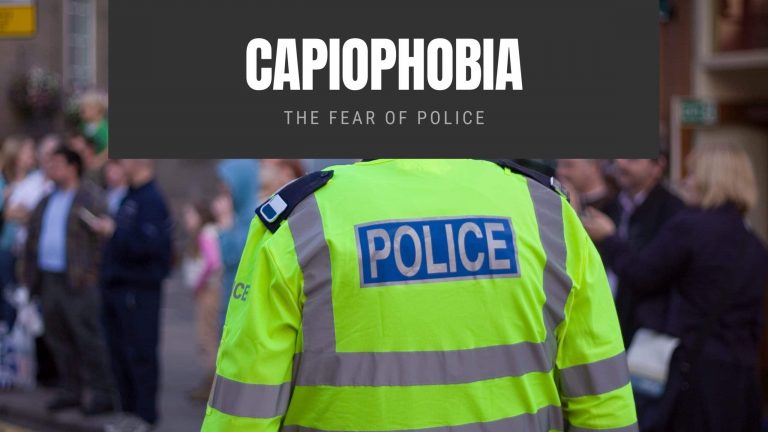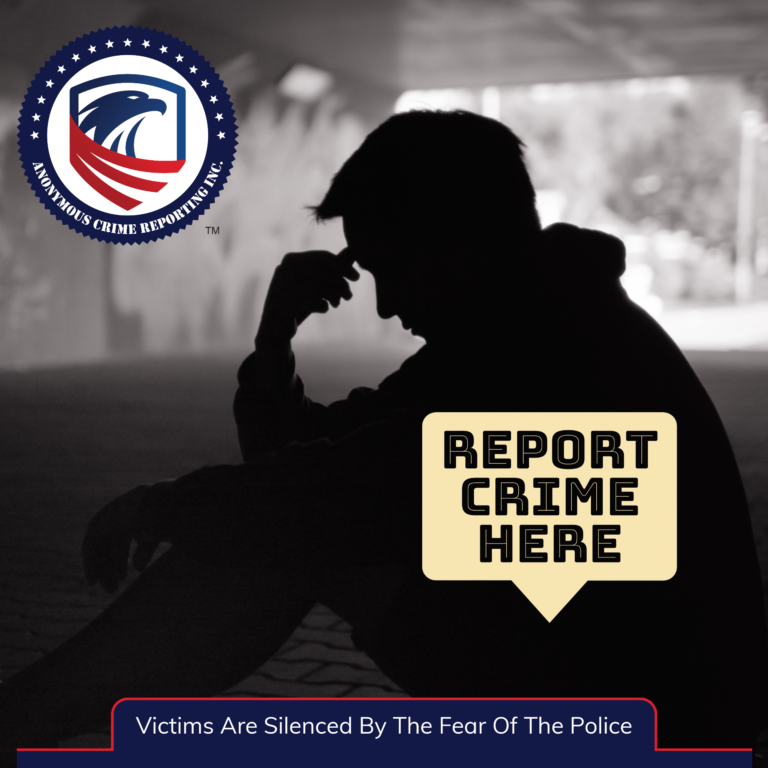Can Law Enforcement Rebuild Civilian Trust?
Historically, the police department faced a crisis; the crime rate was high, with increased murder, theft, and other criminal offenses. The police tried harder to find new ways to fight crimes and directed all their efforts and action toward crime reduction. They adopted an aggressive tactic to reduce crime which worked towards their goal as the crime rates dropped across all boards, but this has affected the public trust in police.
The tactics decreased crime rates, but the civilian trust in the police has been dramatically reduced or lost, causing a sharp decline in confidence in the police. Can this loss of faith in law enforcement be repaired?

The Civilian-Law Enforcement Relationship Is In A Present State Of Crisis.
The police are currently facing a new challenge after reducing crime rates, and complicated civilian relationships are now problematic issues throughout the United States. The damaged civilian-law enforcement relationship has been a challenge for a while. Still, it worsened at recent incidents of racial injustice and brutality from the police, giving the public a feeling that the law enforcement uses only excessive force and unacceptable behavior to relate to them. A 2016 study of the number of deaths recorded due to the use of lethal force by law enforcement shows how white and black people suffered violent influence and racial maltreatment from law enforcement.
Ignoring The Problem May Intensify Hate And Crime Rates.
The damaged relationship between civilians and law enforcers has affected the United States and should not be ignored but embraced for better improvement from both sides. Research shows that loss of confidence in the police will make civilians believe they do not have shared values with the police. The adopted civilian belief will cause much hatred toward law enforcement because civilians will feel less obliged to maintain the law, cooperate with law enforcement in criminal investigations, or reduce the crime rate.

Civil Unrest Is Presently At A High Peak.
The death of unarmed African Americans Michael Brown, Eric Garner, and George Floyd at the hands of the police has left the country in an uneasy state, causing a rise in civil unrest triggered by protests, riots, and demonstrations in over 140 cities. Then the need for change is being felt as this has caused protesters to start the “defund the police” movement with slogans printed on face masks. Protesters in Washington D.C. painted the tagline in the same bright yellow as “black lives matters” paint. Protesters in Portland also spray-painted all cops are bastards (ACAB) around the town.

Defunding The Police Isn’t The Solution.
The crisis in the United States has many activists and protesters debating the role of police with a cry of “defund the police.” Defunding in this sense doesn’t mean preventing the funding of police. Instead, it means cutting government funding of the police departments into community resources such as social workers, mental health workers, and crisis intervention staff. Although civilians may feel frustrated by the wrongdoing of the police, which has resulted in a damaged relationship, defunding the police isn’t the solution to solve the crisis and get better involvement with the police.
Consequences Of Defunding The Police.
- There are many reasons why defunding the police will not solve the current crisis: Slashing the police budget to divert it into funding community resources will not solve the problem and will only cause more harm than good.
- Defunding the police will restrict the department’s retention and recruitment: Slashing the police budget will reduce the chances of hiring new candidates for the police department because a lower budget means fewer people. The result will also restrict the tendency of existing officers to stay.
- Defunding the police will reduce officers’ benefit to maintaining mental and emotional health issues: According to CNBC, Law enforcement has consistently ranked among the top five most stressful jobs in the United States. High-risk exposure calls for extra attention to law enforcement’s lives to ensure they receive adequate mental health support due to the nature of their job.
- Defunding the police will reduce support for training: The lack of adequate funding in the police department will reduce the resources needed to train police officers appropriately. According to D.J. Jordan and Scott Martin, on Potomac local news; “Defunding the police reduces funding for vitally important training and ongoing professional development that needs to occur to address bad policing tactics…. we should reevaluate policing tactics and make sure our police are trained in the most effective de-escalation skills and techniques possible.”

Finding The Right Way To Repair The Damaged Trust Is A Challenge.
Since defunding isn’t the solution to restore the damaged relationship, what else can restore it? Restoring the community’s trust in the police isn’t a quick fix, as improvement can only come from genuineness and hard work. Many police departments are coming up with ways to challenge and restore the loss of confidence in law enforcement, like wearing body-worn cameras to record what happened during a community-police interaction to identify and correct issues. Beyond that, there should be an extra effort to reevaluate the place of energy and priority. Instead of focusing on aggressive tactics to reduce the crime rate, the focus should be more on how to genuinely interact with community members to build trust with them again. It’s like going from a warrior mindset to a guardian mindset.
We can attempt to achieve this by:
- Treating civilians like they count; the only way to assess that is by how civilians have interacted with law enforcement.
- Neighborhood watch.
- Prioritizing recruitment and retention.
- Spending time in the neighborhood on foot patrol to participate in homeless outreach or police/youth interaction.
- Implement a “Capiophobia Awareness Program” in police training, making policemen aware that not all people who display animosity towards police are guilty of a crime. The education on capiophobia allows police officers to have a different mindset of civilians when they presume a person is suspicious.
- Reevaluate the processing of inmates by developing a fairer jail system in which we can address the influx of inmates with mental illnesses in our county jails.
- Request that judges and policemen in all counties of the United States order a psychiatric evaluation for all new inmates before booking or within 72 hours of arrest. The assessment will help identify proper help and a different approach in the judgment of the inmate’s crimes, reducing the chance of keeping sick individuals in jail rather than in an appropriate medical care setting where inmates can receive mental health medical care and counseling.
- Train police officers in identifying capiophobia symptoms when interacting with civilians and learn to de-escalate the situation by backing off or offering capiophobia self-help brochures to civilians.
- Yes, we can restore the loss of trust in law enforcement if civilians and law enforcement are willing and committed to embracing how to do it right. The police are creative and skilled in reducing the crime rate in the United States. Such creativity with transparency is needed to channel their energy into building a better relationship with the citizens to create a safe community.
Report Crimes In Your School, Church, Workplace Or Neighborhood Anonymously.
You can make a difference by reporting suspicious criminal activity to your local authority. Suppose you are afraid of the police or law enforcement and don’t want to report a crime directly to your local police authority. In that case, you can choose to report suspicious criminal activity safely by using any of our domestic or international privately owned anonymous crime reporting resources below.
Reporting anonymous crimes often leads to a more honest report of the crime from people living with capiophobia because they are not interacting directly with law enforcement, the trigger of the phobia itself.
References:
D.J. Jordan & Scott Martin, (2020). Potomac Local News. “Defunding the Police is A Bad Idea” https://www.potomaclocal.com/2020/06/14/defunding-the-police-is-a-bad-idea/#:~:text=First%20of%20all%2C%20defunding%20the,fas




